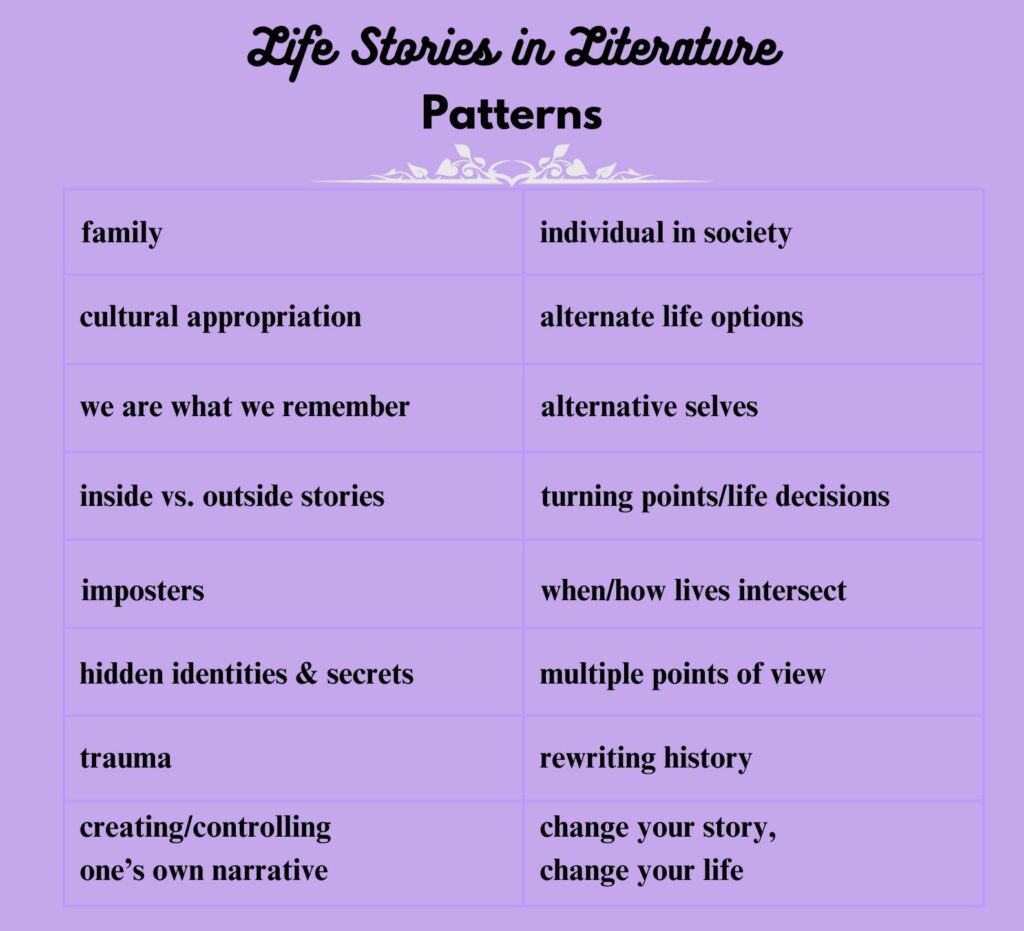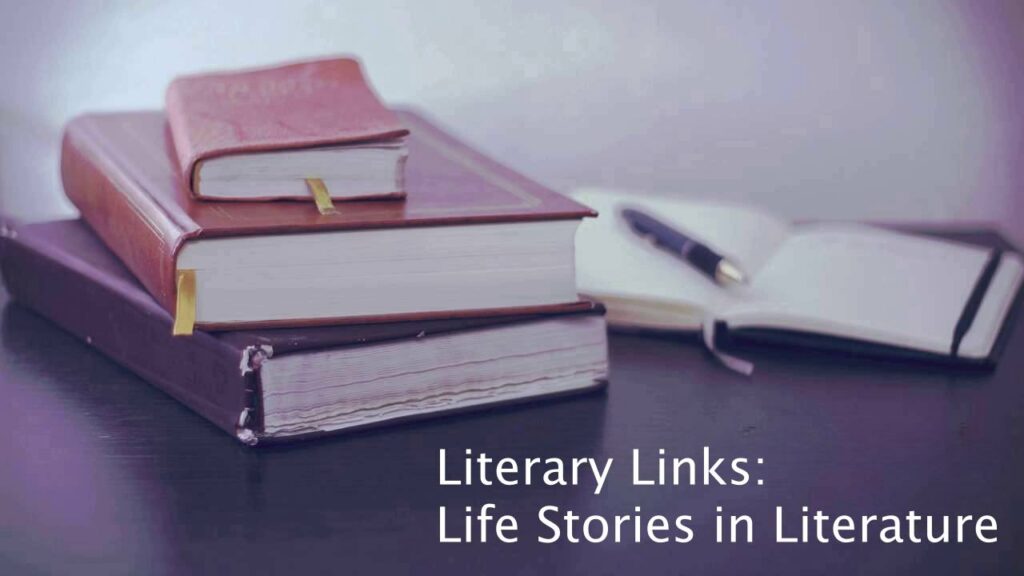
Novels Based on Mythological Retellings
On the relationship between culture, psychology, folklore, mythology, and history:
Mythological retellings bring us stories with timeless resonance, viewed through the lens of modern concerns, explains Francesca Simon. The bestselling author tells us about her five favourite retellings.
On Slaughterhouse-Five, the “Ultimate PTSD Novel”
In this excerpt from his book The Writer’s Crusade: Kurt Vonnegut and the Many Lives of Slaughterhouse-Five, Tom Roston sensitively and convincingly argues that Vonnegut’s novel illustrates how literature can help us understand seemingly incomprehensible human experiences such as war:
his [Vonnegut’s] story of fractured identity and trips in time and space provides a navigational tool. Billy Pilgrim is a war veteran unlike any other and yet he is universal. Vonnegut circumvented conventions, labels, and false sentiments. He blew all of that up, and by doing so he put a wedge in readers’ resistance to ambiguity and complexity. Vonnegut’s book, and the way he lived his life, tell us an entirely original story about what it means to be human.
Why We’re Still Talking About the ‘Trauma Plot’
Bekah Waalkes here asks questions that pertain to the discussion above of Vonnegut’s novel Slaughterhouse-Five:
Nothing amplifies a popular trend more than a prominent critic making a noisy case against it. In her 2021 polemic, “The Case Against the Trauma Plot,” the literary critic Parul Sehgal argued that trauma had become a central feature of contemporary literature. . . . The essay sparked an ongoing debate in the literary community: Has trauma indeed become the dominant plot, and is fiction worse off for it? Or is processing a difficult past on the page still valuable, both for the writer and the reader?
Waalkes centers her examination of such questions on analyzing Jamie Hood’s memoir Trauma Plot: A Life. In her discussion Waalkes compares Hood’s memoir to novels such as Virginia Woolf’s Mrs. Dalloway and James Joyce’s Ulysses. Roston’s discussion of Vonnegut’s Slaughterhouse-Five makes me wonder if directly comparing memoir to fiction is fair. Perhaps a more pertinent question would be the more general one of how memoir and fiction, and the writing of each, compare and contrast in terms of how they allow the writer to deal imaginatively with painful human experiences.
Joseph Conrad’s Travel Stories Weren’t Black and White
“Conrad’s celebration of imperial exploration is accompanied by an acknowledgment that such feats often go hand-in-hand with oppression and exploitation.”
This article from JSTOR Daily presents various scholars’ arguments that Joseph Conrad’s work subtly deals with the contradictory aspects of colonialism and slavery. Like all JSTOR pieces, the article includes free links to related resources.
Hollywood’s fixation on the wrong stories won’t help our world
“Today’s global problems are caused by broken systems, but the studios still feed us a diet of movies focused on individuals”
The notion of “the wrong stories” is what initially attracted my attention to this article. Film and television producer Namir Khaliq here argues “in life, there is no such thing as a main character.”
Khaliq writes that most media storytelling represents “psychological storytelling” featuring stories “that highlight the affairs of individuals to propel a narrative. The actions of a single protagonist are the centre of the story universe, around which the entire plot revolves.” But, he counters, “The worst issues we face today – global warming, pandemics, resource scarcity – happen not because of bad individuals but because of bad systems.”
Khaliq calls for more of what he calls “sociological stories”:
In contrast to psychological stories, sociological stories are about institutions rather than individuals. While they often feature psychologically rich characters, these stories are more concerned with depicting the dynamics of social systems, primarily by illustrating how a character’s choices are motivated, influenced and nullified by the invisible social forces that surround them. . . . In sociological stories, the characters’ actions are more likely to be driven by their positions within a system, rather than by the particularities of their personalities. They act good or bad not because they are good or bad people, but because they are incentivised to behave in accordance with their positions on the societal chessboard.
But societies are made up of individuals; underlying social ideas of power, class, and dominance only build up when individuals allow them to. Life story psychology suggests that the only way either to create such societal notions in the first place or to change them once created is for individuals to speak up or push back. There can be no sociological stories, to use Khaliq’s terminology, without personal psychological stories.
Who Needs Intimacy?
“Influential novelists are imagining what women’s lives might look like without the demands of partners and children.”
Over the past decade or so, an influential set of female novelists has been circling a shared question: Given how often women are forced to understand themselves as fundamentally in relation to others (most commonly a child and/or a partner, but also parents, extended family, friends), is it possible for a woman to have an authentic, independent self? If a female narrator is extracted from her core relational ties, what kind of consciousness is left?
Jordan Kisner, a contributing writer at The Atlantic, looks at the works of novelists including Rachel Cusk, Jenny Offill, Ottessa Moshfegh, and Katie Kitamura.
Suppressed Histories Archives
“Restoring Women to Cultural Memory”
The Suppressed Histories Archives uncovers the realities of women’s lives, internationally and across time, asking questions abbout [sic] mother-right, female spheres of power, and about patriarchy and slavery, conquest and aboriginality. About Indigenous philosophies—and the historical chemistry of their repression, and even more importantly, their role in resisting oppression.
Epic win: why the Odyssey is having a moment
“With new translations, a film starring Ralph Fiennes and a Christopher Nolan blockbuster on the way, Homer’s saga about a soldier’s return from battle speaks to our times in unexpected ways”
There are good reasons why some stories survive over centuries:
Great artworks from the past, ones that are read and reread across centuries, have a way of doing that. You examine them on a particular day, and their intricacies look suddenly singular, different from how they seemed 20 years ago, 50 years ago, yesterday; they offer something new, something that illuminates the world afresh. It is the Odyssey’s moment to catch the light.
Will the Humanities Survive Artificial Intelligence?
“Maybe not as we’ve known them. But, in the ruins of the old curriculum, something vital is stirring.”
D. Graham Burnett, a historian of science and technology studying “the rise of a techno-scientific understanding of the world, and of ourselves in it,” takes on artificial intelligence and its “staggering transformations” currently taking place. “It’s time to talk about what all this means for university life, and for the humanities in particular.”
Burnett goes into great depth about how his students used generative AI to help them approach various questions about the humanities. He then uses those experiences to discuss how AI can function within the humanistic tradition of helping us understand ourselves, of teaching us how to experience being human.
I started this article expecting to read about the dangers AI poses for both human learning within the academic institution (i.e., in the classroom) and also in the more general sense of being a person in a world inhabited by other people. I came away with a greater understanding of what a humanities-based education can mean that a machine can imitate but not embody.
© 2025 by Mary Daniels Brown


You make a valid point here:
“Roston’s discussion of Vonnegut’s Slaughterhouse-Five makes me wonder if directly comparing memoir to fiction is fair. Perhaps a more pertinent question would be the more general one of how memoir and fiction, and the writing of each, compare and contrast in terms of how they allow the writer to deal imaginatively with painful human experiences.”
Thanks, Liz. I’ve read a lot of both memoir and fiction, and, while I appreciate both, I think they have different constructs at play and must therefore be approached differently. I still think that memoir should be factual, while more imaginative aspects are fiction. One is not necessarily better than the other, but they are different. In some cases, and I think the article about Vonnegut makes this assumption (or perhaps draws this conclusion), fiction offers more opportunities for exploring the more surreal (for lack of a better word) aspects of intense human experiences. As always, thanks for reading and commenting.